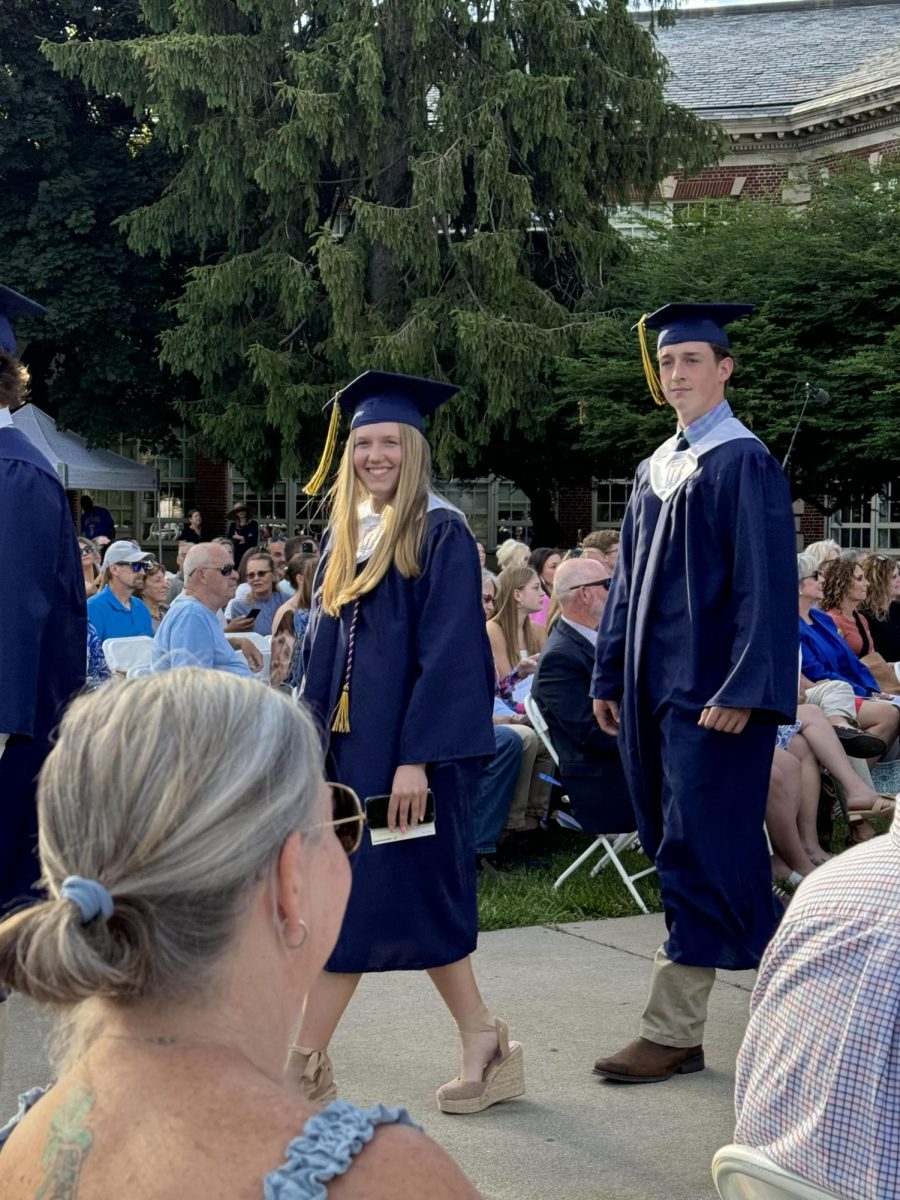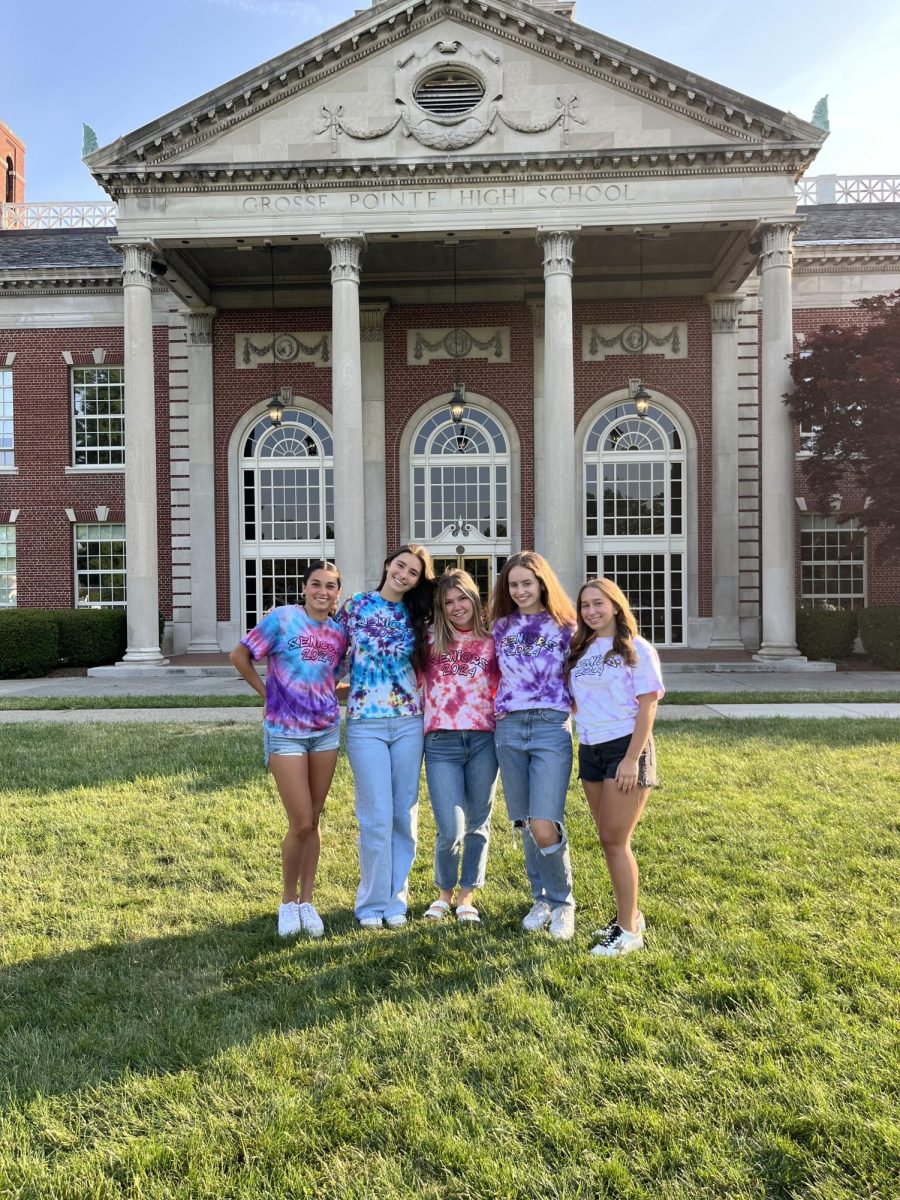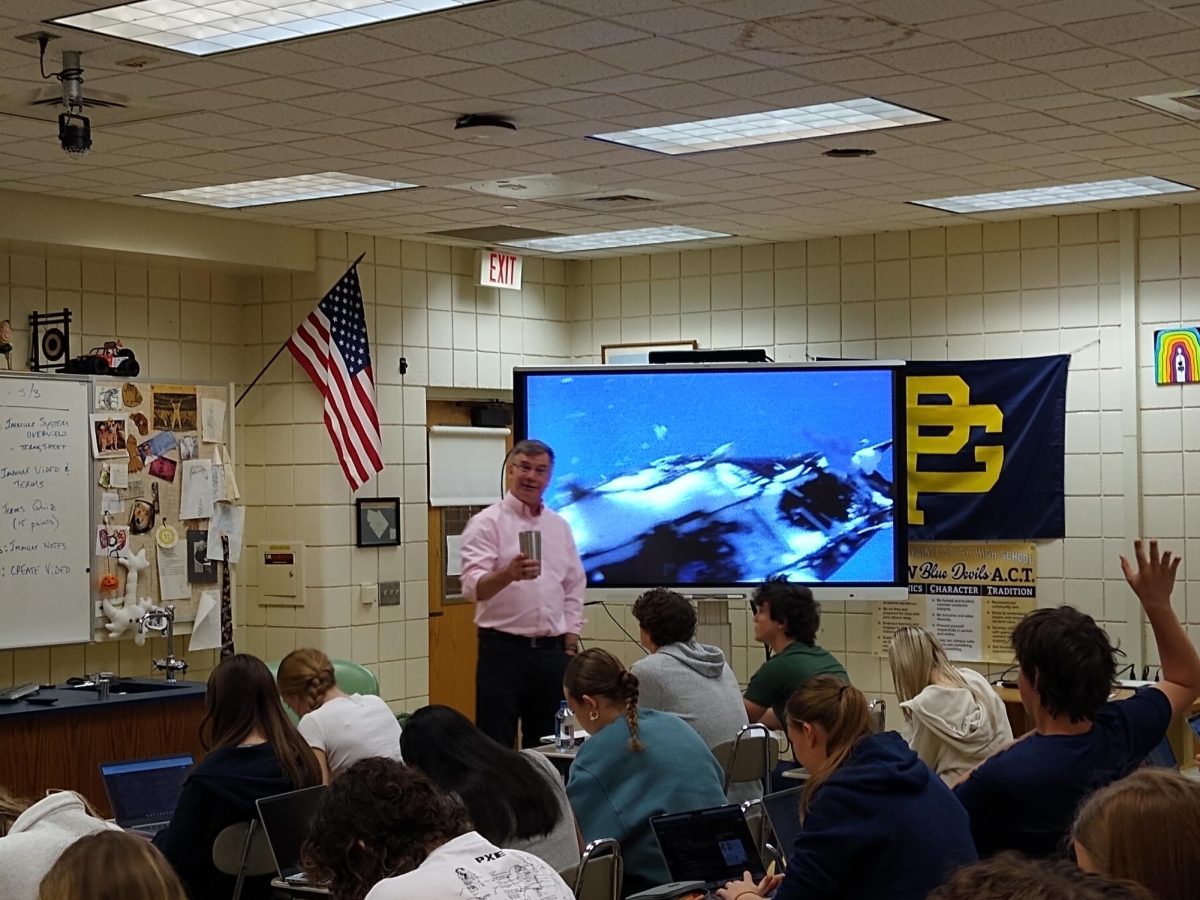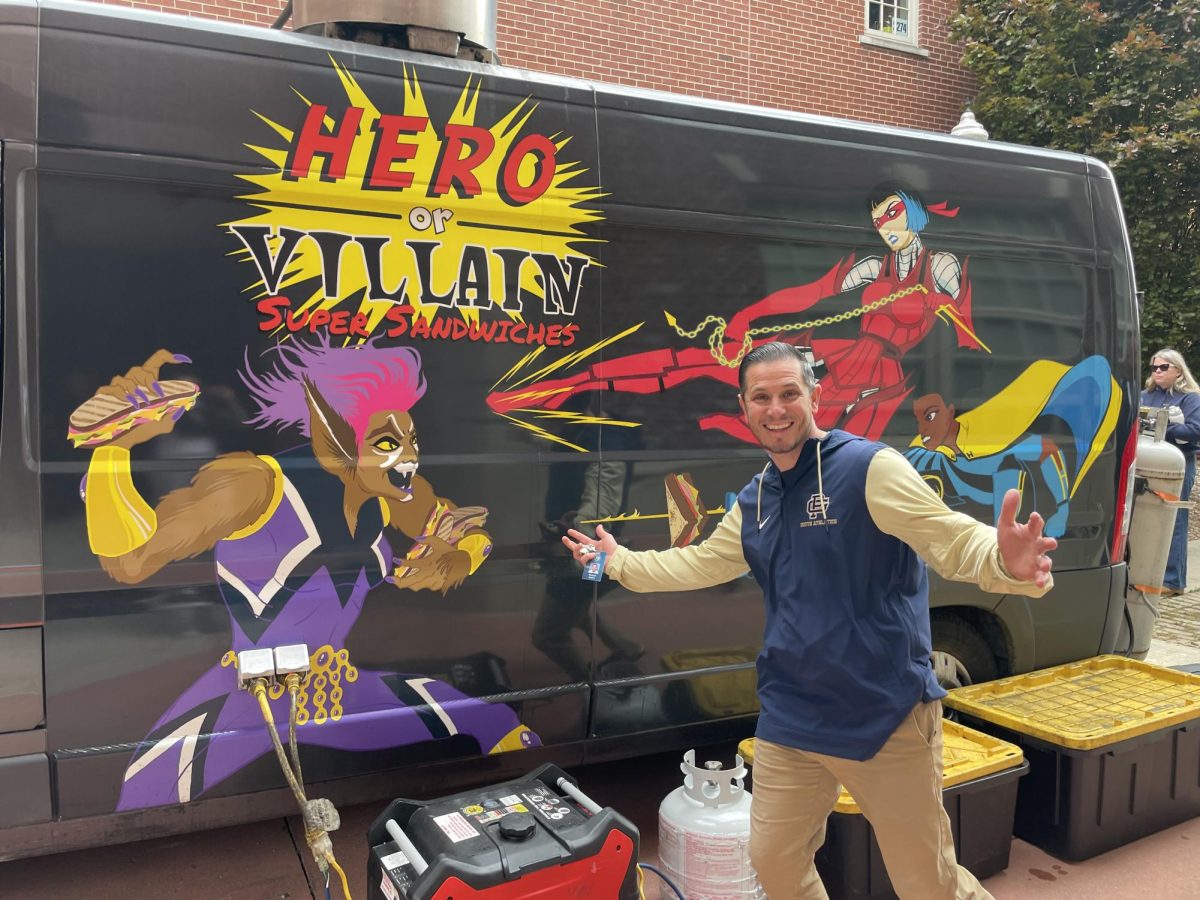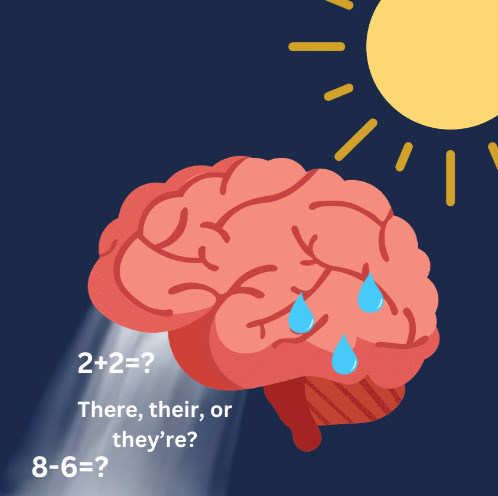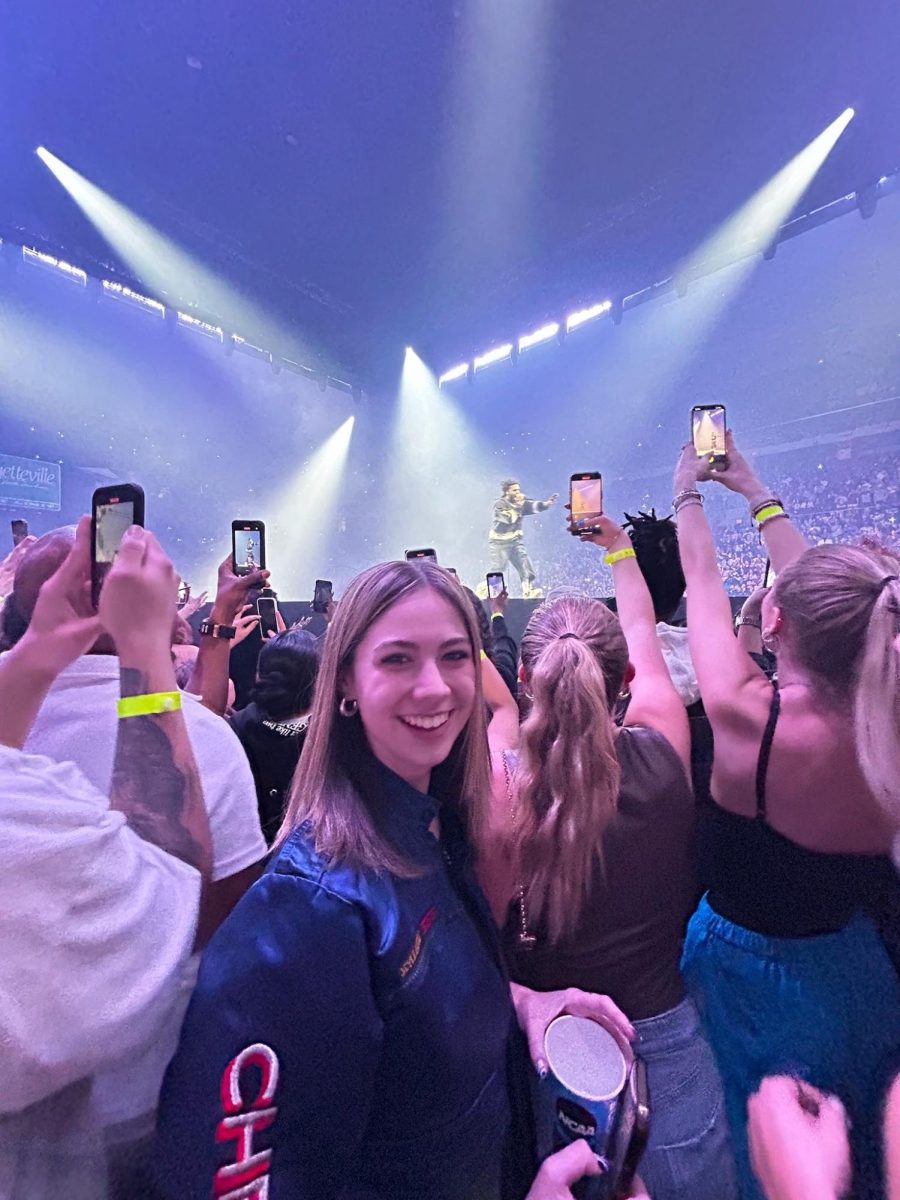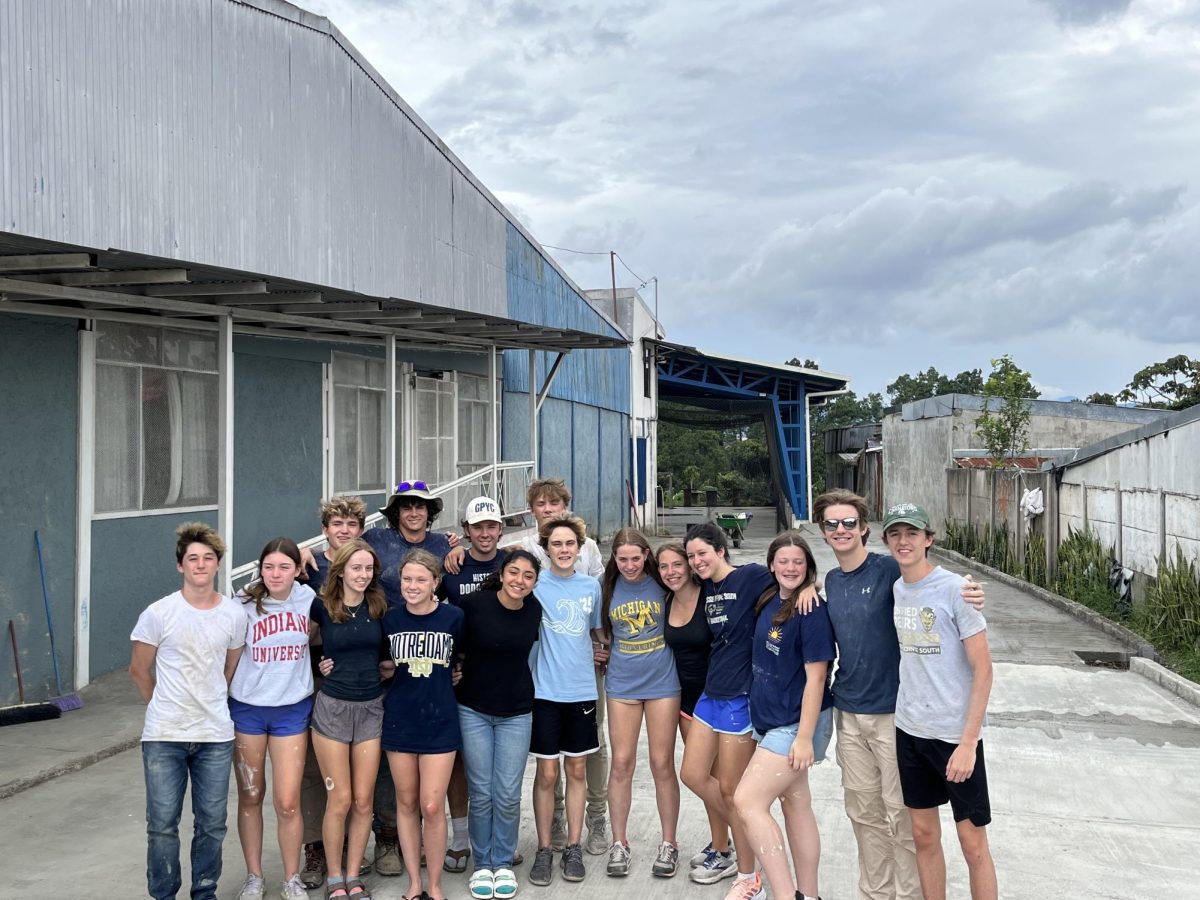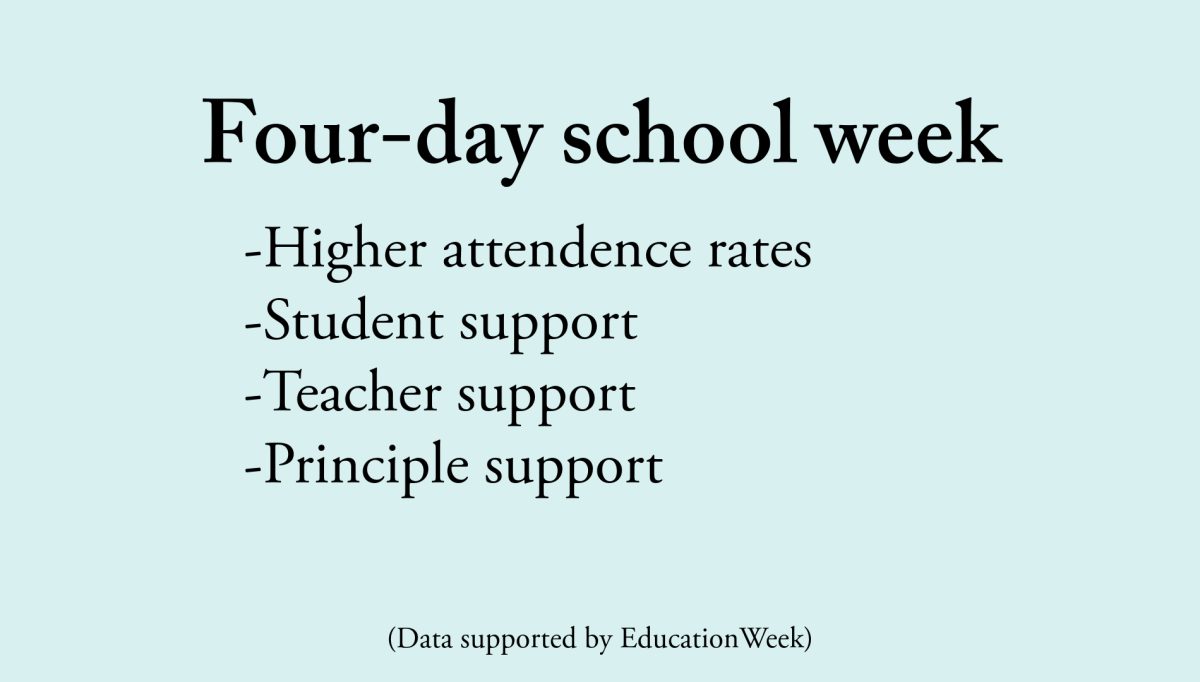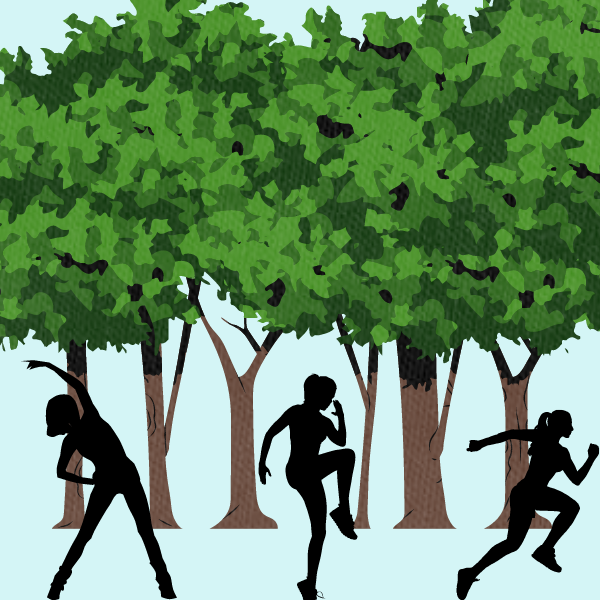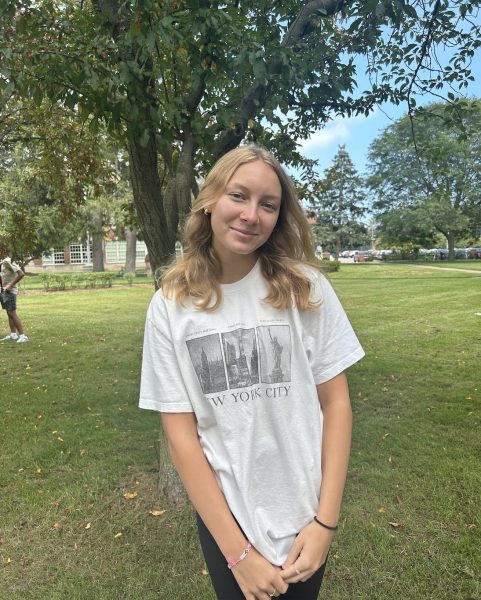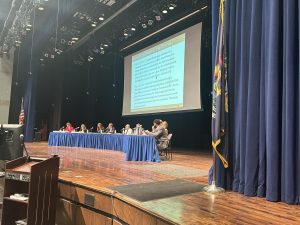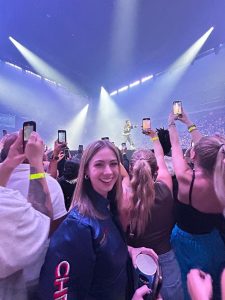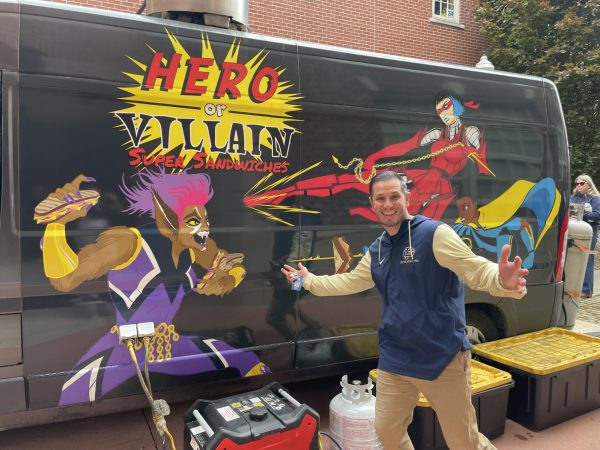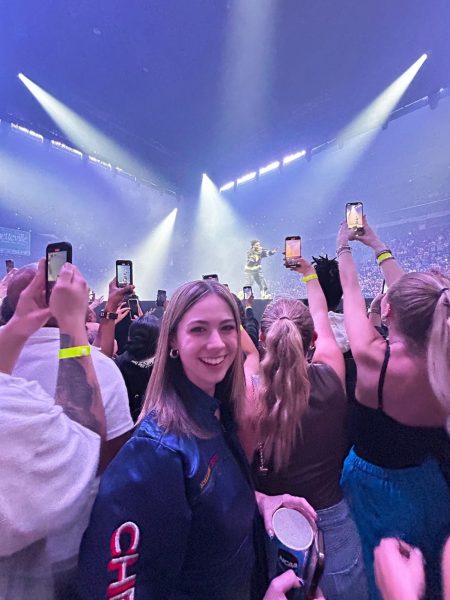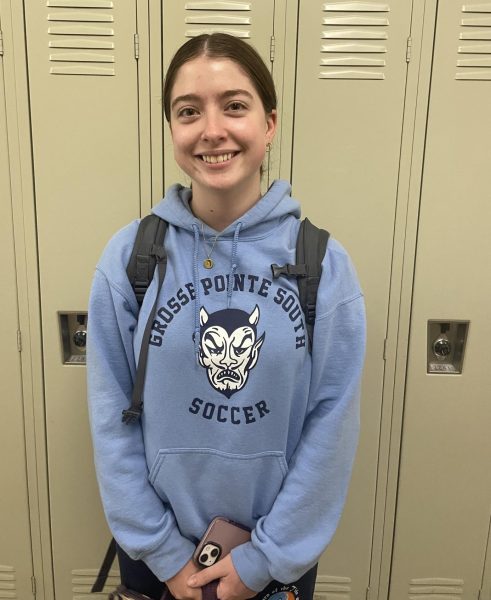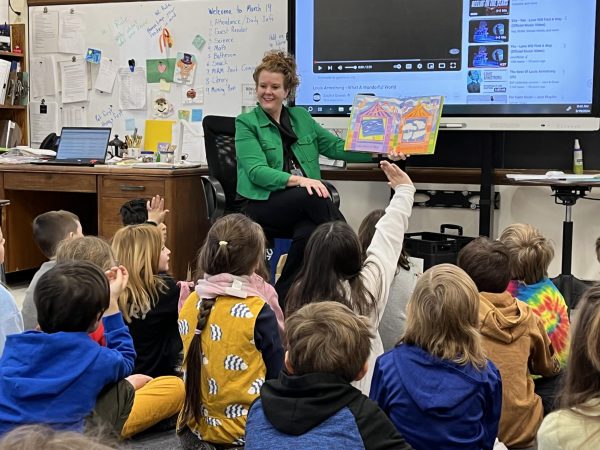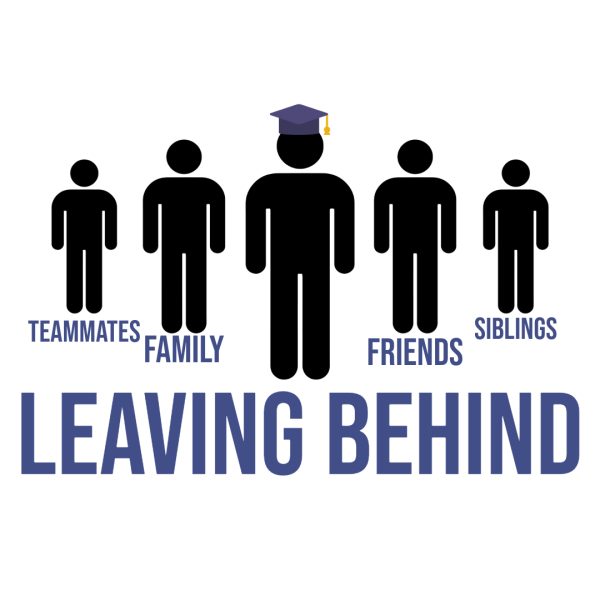Explicit content communicates high-caliber creativity
December 2, 2022

Music is used as communication, expression and connection. In 1985, a new label on records would impact the world of music. The explicit content label broke barriers in the music industry, but also constricted what would be allowed to be released in music freely.
The explicit content label was used to shield specific audiences from taboo topics, but according to music journalist Peter Orlov, it only showed where these songs and albums could be found.
“I honestly believe that the short-term impact may have seemed heavy,” Orlov said. “But in the long term, people moved onto other things, whether it was violence in video games or too much screen time.”
Music has many sub-cultures, and many of these groups use explicit or vulgar language to express and share their thoughts. According to Orlov, targets were put on certain sub-cultures by the language they used within their music.
“The hip-hop community is the one that has been affected the most,” Orlov said. “Targeted for its lyrics, but because that artist community is made up of primarily African-American men, who are targets anyway.”
Explicit language allows people to connect with music and reach different groups throughout the world.
“There are musicians who play (music) in communities around the world,” Orlov said. “There are people who pass it around and share it with each other, and music, streaming and broadcasting industries that enable its distribution.”
Music not only connects with different groups and communities, but also can connect specifically with students. Music can be used as an outlet for some students, and according to Brigid Williams ’25, music is her main form of self-expression as a diehard musical fan.
“I think music can help students cope with some emotions they may not understand because music is really just a way that we can find parts of ourselves and our emotions that we may not be able to understand,” Williams said. “Having an outlet such as music to project (emotions) and convey what we’re feeling can be really validating and uplifting.”
The language used in music can impact emotions and feelings projected. According to Williams, explicit lyrics in songs can help with expressing the mood of the music.
“The lyrics are projecting how I feel in a situation or how the artist feels in a situation,” Williams said. “The explicit music could potentially impact the emotions I feel.”
Along with understanding the use of explicit lyrics, Williams also believes that explicit music should’ve had such a large stigma.
“When it comes to explicit music, it’s just a form of music, and a form of expression,” Williams said. “It being a big controversy doesn’t make a lot of sense.”
For many fans of rap music, such as Elof Edlund ’24, explicit lyrics can have several impacts within that music community.
“I think if music has explicit content, it’s not the music that made someone aggressive or violent,” Edlund said. “I think they’re already aggressive, and the music just speaks to them.”
Many artists write about personal experiences, and while those topics are subject to warnings, Edlund believes that the impact of those messages are important.
“A lot of artists make music about their childhood,” Edlund said. “Kendrick Lamar, for example, continuously references how he grew up quickly because he experienced traumatizing things around him at a young age.”
Throughout all the language used within music, Orlov believes that each component makes an impact—whether it’s the lyrics, melody, or tempo.
“I think music is an incredible storyteller,” Orlov said. “Of all the arts, it’s certainly my favorite one. Music is developed by artist-musicians to reflect what is going on in their communities—whether that means their neighborhood, their country, their generation—to tell those stories.”

